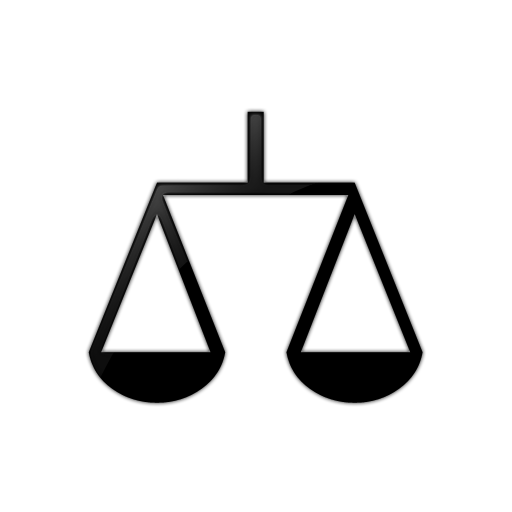Recensies en samenvattingen
Samenvatting: Alfieri - The Fall of Legal Ethics and the Rise of Risk Management
Oordeel: *
Georgetown Law Journal, Vol. 94, No. 6, p. 1909, August 2006
University of Miami Legal Studies Research Paper No. 2008-19
Anthony Victor Alfieri
ABSTRACT:
The purpose of this essay is to explore the normative implications of risk management practices for lawyers, law firms, and professional regulation. The thesis of the essay is that the widespread adoption of risk management mechanisms (e.g., in house advisors and internal controls, outside consultants and external audits, conflicts of interest protocols and continuing legal education training) actually diminishes the appreciation of the moral choices facing lawyers in practice and the other-regarding obligations of lawyers in society. Indeed, the technology of risk assessment and regulation, implemented through internally and externally prescribed policies, subtly discounts the daily necessity of moral discretion and the constant calling of public obligation. As a result, lawyers and law firms underestimate the burdens of moral agency in the discretionary decision-making of advocacy and counseling. Equally important, they neglect the duties of social responsibility to clients, third parties, and the public. In sum, they discard the highest ambitions of professionalism displayed in traditions of independence, service, and trust.
Georgetown Law Journal, Vol. 94, No. 6, p. 1909, August 2006
University of Miami Legal Studies Research Paper No. 2008-19
Anthony Victor Alfieri
ABSTRACT:
The purpose of this essay is to explore the normative implications of risk management practices for lawyers, law firms, and professional regulation. The thesis of the essay is that the widespread adoption of risk management mechanisms (e.g., in house advisors and internal controls, outside consultants and external audits, conflicts of interest protocols and continuing legal education training) actually diminishes the appreciation of the moral choices facing lawyers in practice and the other-regarding obligations of lawyers in society. Indeed, the technology of risk assessment and regulation, implemented through internally and externally prescribed policies, subtly discounts the daily necessity of moral discretion and the constant calling of public obligation. As a result, lawyers and law firms underestimate the burdens of moral agency in the discretionary decision-making of advocacy and counseling. Equally important, they neglect the duties of social responsibility to clients, third parties, and the public. In sum, they discard the highest ambitions of professionalism displayed in traditions of independence, service, and trust.



